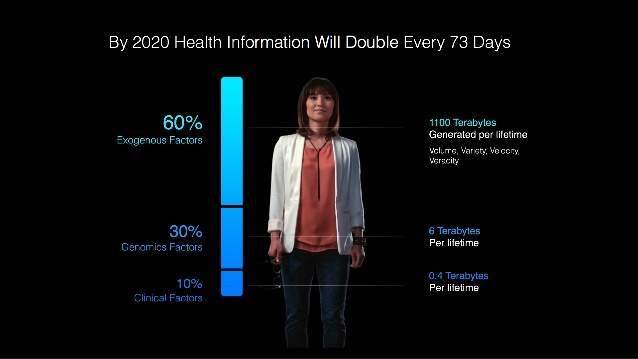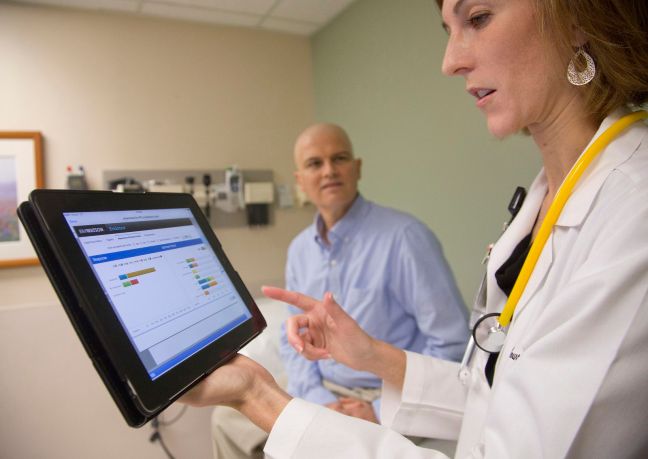Artificial intelligence applied to healthcare is revolutionizing industries and scientific areas. The role of doctors, as well as the technologies related to healthcare, has evolved in a significant way.

In the last centuries, health professionals have always been in a constant search for information, but now the scenario is changing. Instead of looking for it, information is the one coming to them. Technology’s enhances have brought computers to understand human language. The information systems used by Watson, allow more effective research, essential to a correct diagnosis and treatment. 99% of the recommended treatment plans by Watson match de suggestions from the doctors when it comes to oncology. But, the supercomputer also brings up solutions that the professionals do not think of.
We all know that when studying to become future professionals in health, most of the work is based on memorizing lessons. And, when working, a doctor must know all the information concerning every different known disease and be able to connect it with the patient’s history. Watson might be game changing. In fact, all this knowledge is accessible to the supercomputer. It facilitates the doctor’s job and consolidates the veracity of the diagnosis.

One big problem concerning the relationship between artificial intelligence and the medical world is the lack of standards when dealing with the medical vocabulary. This process obstructs the cooperation between the two partners. The medical professionals should express themselves with standardized terms that can be processed by Watson. This way, Watson could rely key words used by doctors to replace terms or expressions that cannot be computed by it. Linguistic relativity is one of the main problems affecting the cognitive abilities of the supercomputer.
Watson and similar technologies are a valuable asset to the medical world and are becoming essential to verify the efficiency of medical treatments. We must be ready to accept and understand how deep this change is.
http://www.kevinmd.com/blog/2013/03/ibms-watson-starts-medical-career.html
http://www.kevinmd.com/blog/2011/02/watson-board-certification-exams-obsolete-medicine.html
http://medicalfuturist.com/what-is-using-ibm-watson-in-medicine-like/




